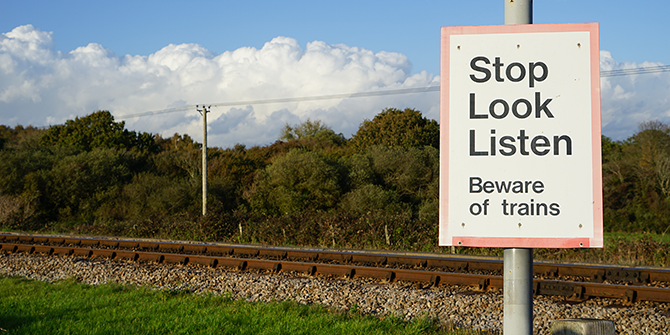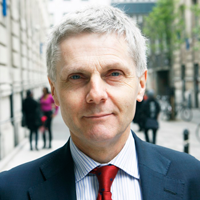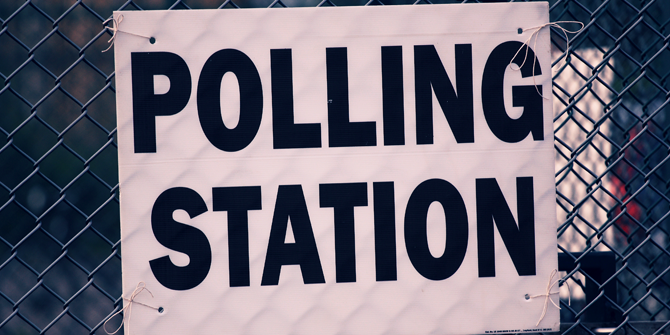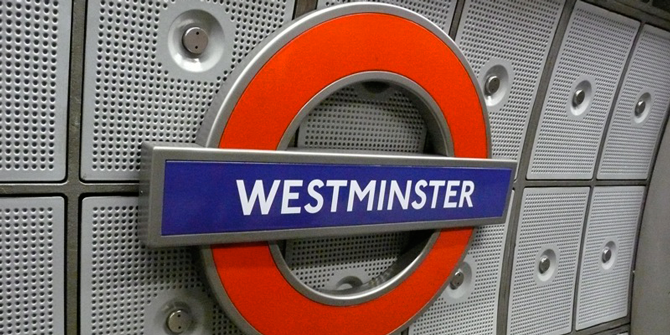
Professor Tony Travers gives us some insight into the HS2 project and what it tells us about the way government functions.
The government’s decision to go ahead with the long debated HS2 project represents one of Boris Johnson’s first big policy decisions since his landslide election victory at the end of 2019. The project has not been short on controversy, with costs potentially increasing to three times the original estimate and environmental groups and local campaigners raising serious concerns about destruction to natural habitats and disruption to communities along the proposed route. It also marks one of the new government’s first tests of loyalty to new voters picked up in once traditional Labour heartlands, with various new Conservative MPs winning seats where the project is expected to bring economic benefits, whilst others represent areas where many constituents are opposed to the project.
Ultimately, it’s a purely political decision
Professor Tony Travers was a member of the High Speed 2 review panel which advised on the report published by Douglas Oakervee on 11 February that allowed the government to make further decisions about the future of High Speed 2. We asked Tony to give us some insight into these recent developments and he began by telling us that, “as an academic outsider sitting on a panel of this kind you learn a lot about the project and also about the way government functions.” “Looking at the project from the inside it’s clear that the original decision to go ahead with it was very much taken as a political decision”, he said, whilst a lot of the detail is, “being worked out as the project is going along”. This perhaps helps to account for some of the practical and budgetary changes to the project thus far and Professor Travers explained that, “we’ve effectively now got three projects and a capacity to think much longer and harder about what they’re all trying to deliver.”
Finally, Professor Travers pointed out that whilst governments assess an extensive range of technical expertise and data when planning large infrastructure projects, ultimately the political dimensions of any major decision will always be a huge factor, “in the end the Prime Minister has had to decide, do we go ahead or not?” He said, “and it’s a purely political decision.” Watch the full video with Tony below.
 Tony Travers is a Visiting Professor in the LSE Department of Government, Associate Dean of the LSE School of Public Policy and Director of LSE London, a research centre at the London School of Economics.
Tony Travers is a Visiting Professor in the LSE Department of Government, Associate Dean of the LSE School of Public Policy and Director of LSE London, a research centre at the London School of Economics.
Note: this article gives the views of the authors, and not the position of the LSE Department of Government, nor of the London School of Economics.





